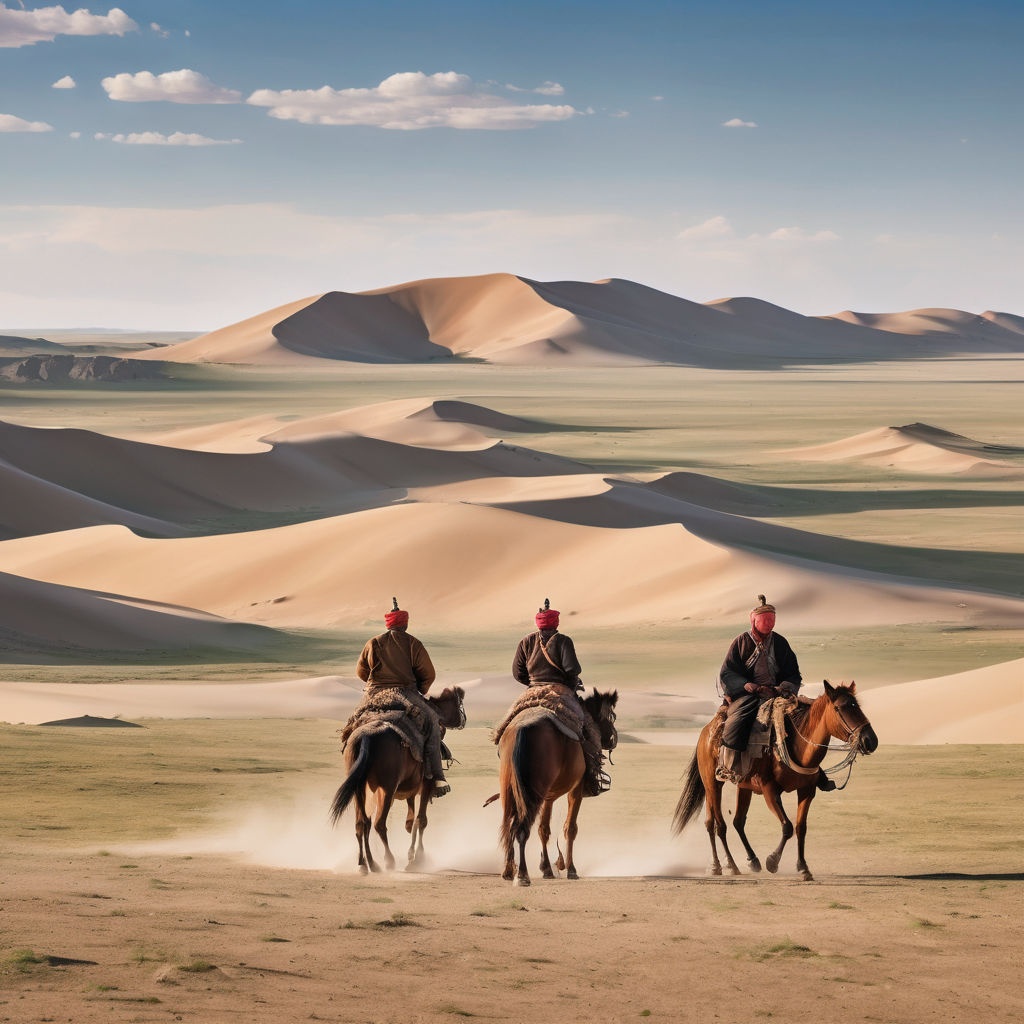Introduction to Mongolia: Culture, Heritage, and Modern Life
Discover Mongolia: From Nomadic Traditions to Vibrant Festivals

Introduction to Mongolia
Mongolia, a landlocked nation in East Asia, is bordered by Russia to the north and China to the south, east, and west. With its vast steppe landscapes, rugged mountains, and expansive deserts, Mongolia is renowned for its breathtaking natural beauty and nomadic traditions. The capital city, Ulaanbaatar, is the cultural, economic, and political heart of the country. Other major cities include Erdenet, Darkhan, and Choibalsan. Mongolia’s rich cultural heritage is deeply rooted in its history as the heart of the Mongol Empire, founded by Genghis Khan in the 13th century. The country’s traditions, including its music, dance, and arts, reflect a blend of indigenous nomadic culture and influences from neighboring civilizations. The Naadam Festival, which features traditional sports such as wrestling, horse racing, and archery, is a vibrant celebration of Mongolian culture. Additionally, Mongolian throat singing (khoomei) and the Morin Khuur (horsehead fiddle) are integral parts of the nation’s musical heritage.
Cross-national and Cross-cultural Understanding
Mongolians generally exhibit a welcoming and open attitude towards other cultures. This openness is fostered by the country’s historical interactions through trade and its strategic location along the ancient Silk Road. Mongolians value cross-cultural understanding and actively engage in cultural exchanges, educational programs, and international partnerships that promote mutual respect and learning. Cultural exchanges are a significant aspect of fostering cross-cultural understanding in Mongolia. The country hosts various festivals and events that celebrate both local and international traditions. For example, the Ulaanbaatar International Film Festival and the Eagle Festival in Bayan-Ölgii province attract visitors and participants from around the world, promoting cultural exchange through film and traditional sports. Additionally, Mongolia's participation in international organizations such as the United Nations and the Asia-Europe Meeting (ASEM) promotes cultural and educational exchanges. Educational programs in Mongolia emphasize global awareness and cross-cultural understanding. Schools and universities incorporate multicultural perspectives into their curricula, encouraging students to appreciate and respect diversity. The National University of Mongolia collaborates with international institutions to facilitate student and faculty exchanges, enriching the educational experience and fostering global connections.
Interactions and Social Dynamics
Typical interactions between Mongolians and foreigners are characterized by warmth, respect, and a strong sense of community. Social behaviors in Mongolia reflect a blend of traditional customs and contemporary influences, emphasizing respect for others, hospitality, and communal living. Communication styles in Mongolia are generally informal and friendly. Mongolian is the official language, but Russian and English are also spoken, particularly in urban areas and among the educated population. This multilingualism facilitates interactions with tourists and expatriates, making it easier for them to integrate into the local community. Cultural norms in Mongolia place a strong emphasis on respect for elders, community involvement, and a relaxed approach to time. These norms create a welcoming and inclusive atmosphere for foreigners, who often find it easy to adapt to the local way of life. Public displays of affection are generally modest, reflecting the country’s traditional values, but social gatherings and communal activities are vibrant and inclusive.
Views on Dating and Relationships
Attitudes towards dating and relationships with foreigners in Mongolia are generally open and accepting. Mongolians recognize the opportunities for cultural exchange and personal growth that such relationships can bring. However, cultural expectations and traditions do play a role in shaping these views. Family involvement is significant in relationships in Mongolia, with elders often playing a crucial role in the approval process. Traditional customs emphasize respect, patience, and the gradual building of trust in relationships. While modern dating practices influenced by global trends are becoming more common among younger generations, traditional values still hold sway in many communities.
Marriage and Family
Marrying a foreigner in Mongolia involves navigating both legal and social considerations. Legally, the country has clear regulations governing marriage, including residency requirements and the need for proper documentation. Socially, cross-cultural marriages are generally accepted, though couples may face challenges related to cultural differences and integration. Familial acceptance is a key factor in cross-cultural marriages. Mongolian families can be protective, and gaining their approval is often essential for the relationship's success. However, the diverse cultural landscape of Mongolia means that many families are already familiar with and accepting of different cultural backgrounds, which can facilitate smoother integration for foreign spouses. Trends in cross-cultural marriages reflect Mongolia's open and inclusive society. Many Mongolians who travel abroad for education or work form relationships with individuals from various cultures, bringing back diverse customs and traditions that enrich the local community.